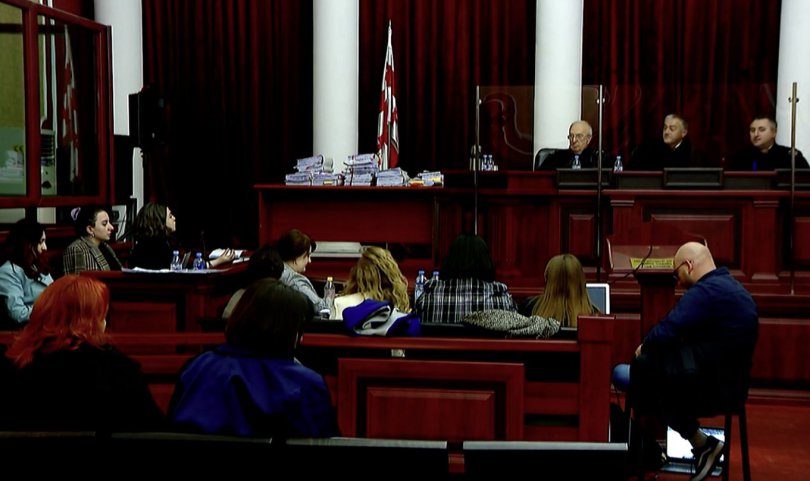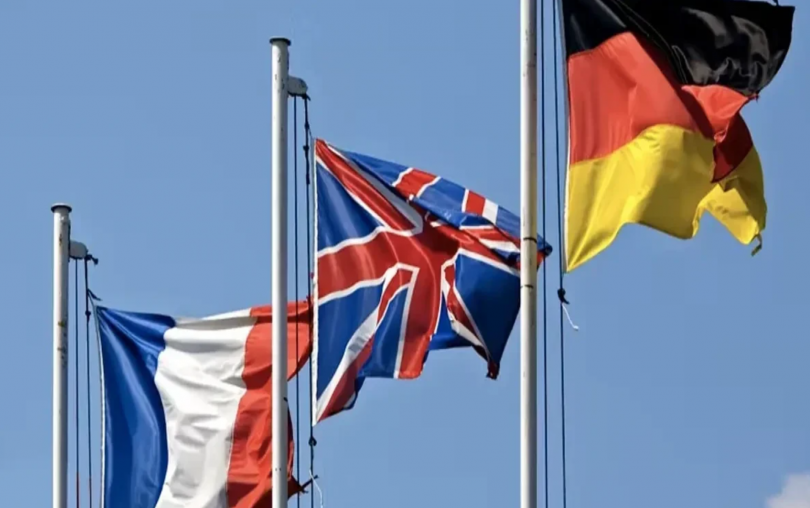
The Tbilisi Appeals Court continues a 24-hour, non-stop hearing on alleged breaches of voter secrecy in Georgia's October 26 parliamentary elections. The court has consolidated 26 cases into a single review, combining 12 lawsuits from the Georgian Young Lawyers' Association (GYLA) challenging electronic voting in eastern Georgia with 14 cases from the My Voice coalition contesting results in around 150 districts.
During the hearing, Gritishvili ordered to re-run the experiment held by first instance court judge in Tetri Tskaro Vladimir Khuchua who established tha the voter secrecy was systematically breached as the ink on the ballots sinks and is visible as they were inserted into voting machines.
NGO lawyers presented said the ink was still visible but judge Gvritishvili has declared has said only experiment confducted by the CEC representative would count.
A panel of judges, including Judge Dimitri Gvritishvili—whom Georgian civil society and opposition figures label a member of the "court clan"—is presiding over the case. Gvritishvili declined to separate the cases, asserting that the Court of Appeals is the ultimate authority on election irregularities. "He essentially admitted that if these cases were considered by different judges, there was a possibility of different decisions," said GYLA chairwoman Nona Kurdovanidze, adding that the volume of cases consolidated into one trial jeopardizes the right to a fair hearing.
The Central Election Commission of Georgia (CEC) has called for the annulment of a decision by Tetritskharo Judge Vladimer Khuchua, who upheld GYLA’s claim that voter secrecy had been compromised, citing visible markings on the back of ballots. Judge Khuchua’s investigation included an examination of randomly selected precinct ballots from Tsalka and Tetritskharo districts, along with a voting machine experiment.
In response, the CEC argued that markings on the ballots should not be considered as evidence, submitting social media posts by Khuchua’s wife criticizing as “evidence” that proving lack of integrity for justice Khuchua. Despite this, a similar experiment by the Appeals Court—despite alleged obstructions by CEC representatives and judges—found that markings on ballots were still visible prior to insertion into the voting machines.
The judges are now adjourned for deliberation before issuing a final decision.





